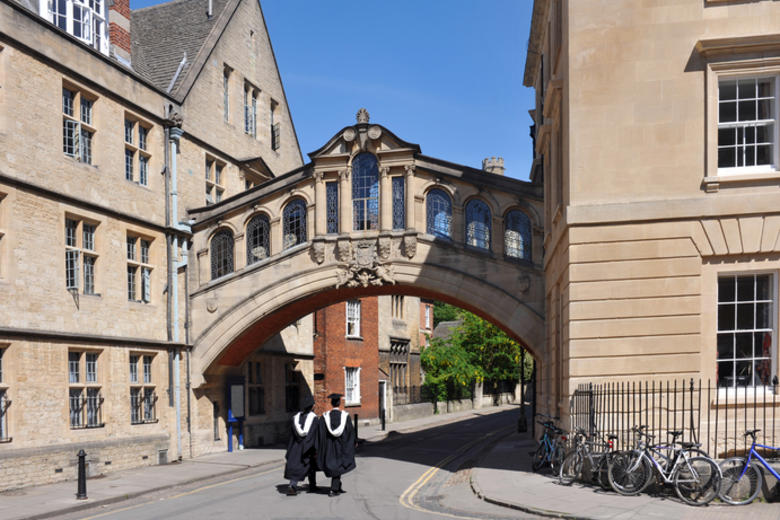100 YEARS OF THE DPhil

100 YEARS OF THE DPhil
How research gained traction at Oxford
Published: 28 November 2017
Author: Richard Lofthouse
Share this article
In case you wondered, the initials PhD are drawn from the German penchant for calling their research degrees philosophiae doctor, the Latin nominative plural for philosophia, thus covering a wide range of subjects. This practice had roots in the nineteenth century.
At Oxford, when the issue became pressing in the early twentieth century, the then philosophy tutor at St John’s, Sidney Ball, suggested that it be Anglicized to Doctor of Philosophy, hence DPhil.
The nomenclature stuck. What might seem like yet another instance of eccentric Oxford vocabulary is actually plain English. It’s everyone else who decided to stay with the Latin – a counter-intuitive outcome.
Anyway, research became an urgent matter during the First World War, when it became apparent to a British elite that science was Important. And guess what? It was Oxford that pioneered the doctorate in the UK, perhaps again countering the lazy prejudice that might assume it would be a follower rather than a leader in such matters, perhaps owing to the (then not now) prejudice towards classics and undergraduate provision, plus, as Robert Currie puts it eloquently in a chapter on the history of the University,
‘The absence of systematic instruction for postgraduate students reflected both the colleges’ preoccupation with undergraduates and the widespread assumption that a first degree (or at least a first Oxford degree) equipped its holder with all the formal training he needed to make as original a contribution to knowledge as he would ever be capable of making.’
Given this hubris, what happened so that by the end of 1917 the first DPhil students were reaching the end of their first terms?
It was less about World War One as such and more about American students who in search of professional qualifications had been heading over to Germany since the late 19th century. Since the turn of the century Oxford had had a BLitt and DLitt degree, but neither had competed successfully with Germany.
Matters came to a head in early 1917, when some dons led by Ball defeated the University on a motion to augment the BLitt and DLitt with a D.Sc. They countered by insisting that the world had moved on and Oxford needed to offer a proper Doctorate. Council caved in immediately and the matter was resolved.
The Examination Statutes for 1917 refer to the DPhil requiring an ‘original contribution to knowledge’, with examination by ‘viva voce’ (verbal jousting).
The hubris continued a bit, because Oxford students only had to complete five terms before they could submit an unpublished dissertation. Non-Oxford graduates had to do eight terms, on the assumption that they were less ready for advanced study.
The role of World War One is very difficult to pin down. Arguably it formed part of a powerful backdrop of seriousness. The University lost many men. But equally there had been spats and arguments and exchanges in The Times as early as 1903, when the first Rhodes scholars had arrived. Indeed, a group of dons calling themselves, informally, The Club, had been formed as early as 1889 to promote the cause of research within Oxford.
As you might assume there is irony in this tale. Edith Wardale, the English tutor at St Hugh’s, who had taken a PhD at Zurich in 1892. She outranked virtually all her colleagues at Oxford for possessing that qualification then, yet being a woman she was not a member of congregation because not allowed to be a full member of the University.
The first person to supplicate for a DPhil (in 1919) was an Indian called Lakshman Sarup of Balliol; the first woman was Evelyn Mary Simpson (November 1922) —women having been admitted to the University two years earlier. You can already feel the DPhil opening the University up to the world, a bit like a can opener peeling back a lid. It was a great force for good then and since, externally and internally.
For the inter-war years Oxford produced about 20 DPhils a year when total student numbers were already climbing towards 2,000. Compare this to the 2017 figures: 11,728 undergraduates and 10,941 postgraduates. The University has become half and half tutorials and research.
But what has been constant from the start in respect of postgraduate study at Oxford is its international flavour. Half the DPhils in the first decade were overseas students; and today the figure is more than half. Of the 10,941 postgraduates in 2017 just 3,906 are from the UK.















